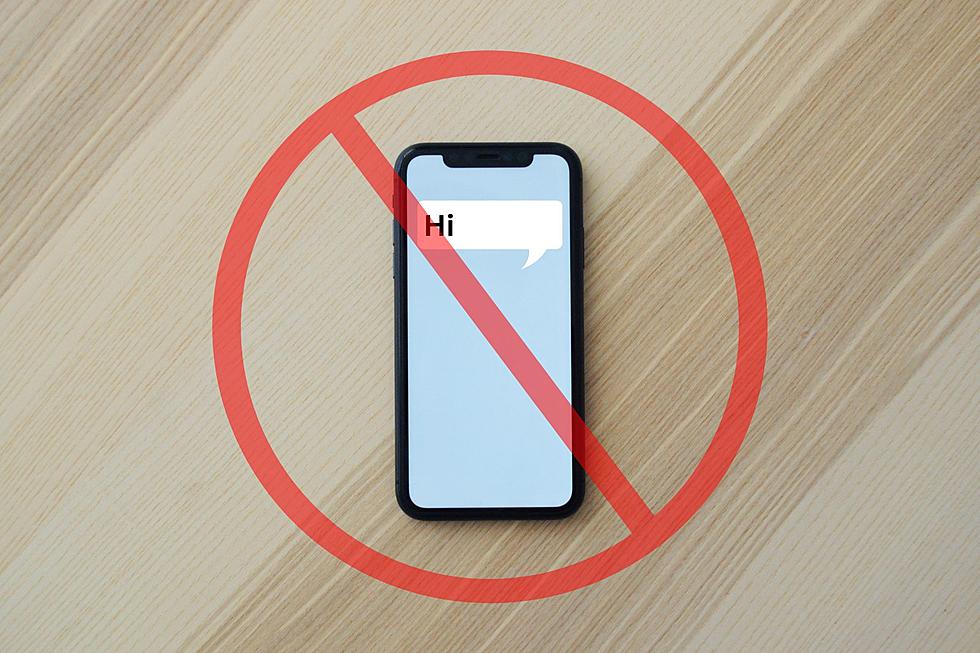Whether drinking red wine offers any perceptible medical advantages is one that is as yet one that is being discussed today.
Nonetheless, studies have shown that ingesting a moderate measure of red wine consistently, with a liquor fixation going from 12 to 15%, can assist with keeping away from a scope of infirmities, including coronary illness. Remembered for this is the utilization of wine that has a tannic substance of something like 5%.
It is vital to remember that there is an extremely slight line isolating what is suitable based on what is over the top. It is conceivable that over the top utilization of wine can adversely affect one’s wellbeing. Then again, drinking a lacking measure of liquor won’t furnish you with a similar medical advantages that moderate consumers appreciate. Moderate consumers polish off a normal measure of liquor every week.
Squashing and maturing the entire, dull shaded grapes prompts the development of red wines that have a wide assortment of flavors and tints because of the grapes’ complicated synthetic creation. Merlot, Pinot Noir, Cabernet Sauvignon, and Shiraz are only a couple of the red wines that are among the most well known, and red wines by and large, are among the most famous wines.
1. Diminishes how much “terrible” cholesterol in the body
Drinking red wine routinely can assist your body with lessening the dangerous degrees of cholesterol that it conveys, as indicated by various logical examinations. A new report reached the resolution that the strong Tempranillo red grapes that are utilized in the development of Rioja and different kinds of red wines add to a decrease in the gamble factors that are related with elevated cholesterol. These grapes are utilized in the creation of red wines.
2. Wealthy in a large number of various sorts of cell reinforcements
Before you can loosen up with a beautiful glass of red wine in the wake of a difficult day and put your feet up with a few perusing and a glass of wine, you really want to initially turn into a specialist on wine and advance essentially all that there is to be familiar with it. Might you at some point compassionately portray both the useful and the terrible impacts that consuming it can have on your wellbeing, considering the way that it contains a high centralization of strong cell reinforcements? The more obscure the grape, the higher the grouping of the counter oxidants resveratrol, epicatechin, and catechin, as well as proanthocyanidins. Resveratrol and proanthocyanidins, the two of which are classes of cancer prevention agents, are generally responsible for your advantageous condition of wellbeing.
3. Guarantees the proceeded with great soundness of the heart
Besides the fact that it helps lower cholesterol levels, however it likewise adds to the general soundness of the heart and keeps it in great shape. Polyphenols are a sort of cell reinforcement that can be tracked down in red wines. These polyphenols help to keep veins adaptable and decrease the gamble of blood clumps by bringing down the gamble of thickening. Nonetheless, it is totally important to remember that toasting overabundance is terrible for the wellbeing of your heart.
4. Brings down the gamble of creating disease in the course of one’s life
It has been shown that drinking red wine consistently and with some restraint can effectively lessen the possibility obtaining a few types of malignant growth, including basal cell carcinoma, colon disease, prostate carcinoma, and ovarian disease. Scientists tracked down that a portion of resveratrol restrains the essential capability of a protein that attempts to battle malignant growth in human disease cells. Their discoveries were distributed in the diary Disease Exploration.
5. Advantageous in the anticipation and treatment of the normal virus
The counter oxidants remembered for red wines can ease a portion of the distress related with the normal virus by safeguarding cells from the possibly destructive impacts of free extremists. Scientists accept that free revolutionaries contribute fundamentally to the improvement of various sicknesses, including the normal cold, disease, and others.
6. Brings down the gamble of encountering clinical sorrow in the course of one’s life
Standard utilization of liquor in moderate sums was viewed as related with a decreased gamble of clinical wretchedness, as per the discoveries of a review that was led on individuals in their center a very long time through their brilliant years. The review members went in age from individuals in their center a long time to individuals in their brilliant years. The people who drank red wine consistently had a lower chance of clinical misery contrasted with the individuals who didn’t drink red wine consistently.
7. Directs glucose
The grape skin is one of the most outstanding spots to search for the normally happening part known as resveratrol. Diabetics are accounted for to profit from its capacity to assist them with better dealing with their glucose levels. Individuals who took cases containing 250 milligrams of resveratrol once everyday for a considerable length of time had lower levels of glucose in their blood than the people who didn’t take the enhancement. These outcomes were contrasted with those of individuals who didn’t take the enhancement. Notwithstanding these benefits, taking resveratrol can likewise assist patients with bringing down their systolic pulse and their general muscle versus fat ratio.

 Entertainment4 months ago
Entertainment4 months ago
 Politics4 months ago
Politics4 months ago
 Breaking News5 months ago
Breaking News5 months ago
 Breaking News5 months ago
Breaking News5 months ago
 Breaking News6 months ago
Breaking News6 months ago
 Breaking News6 months ago
Breaking News6 months ago
 Breaking News6 months ago
Breaking News6 months ago
 Breaking News6 months ago
Breaking News6 months ago


